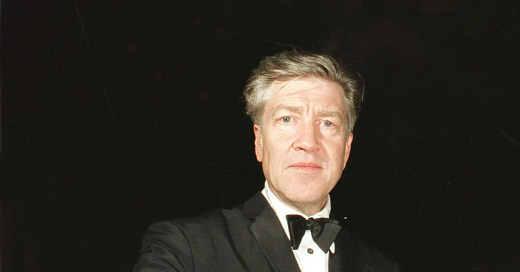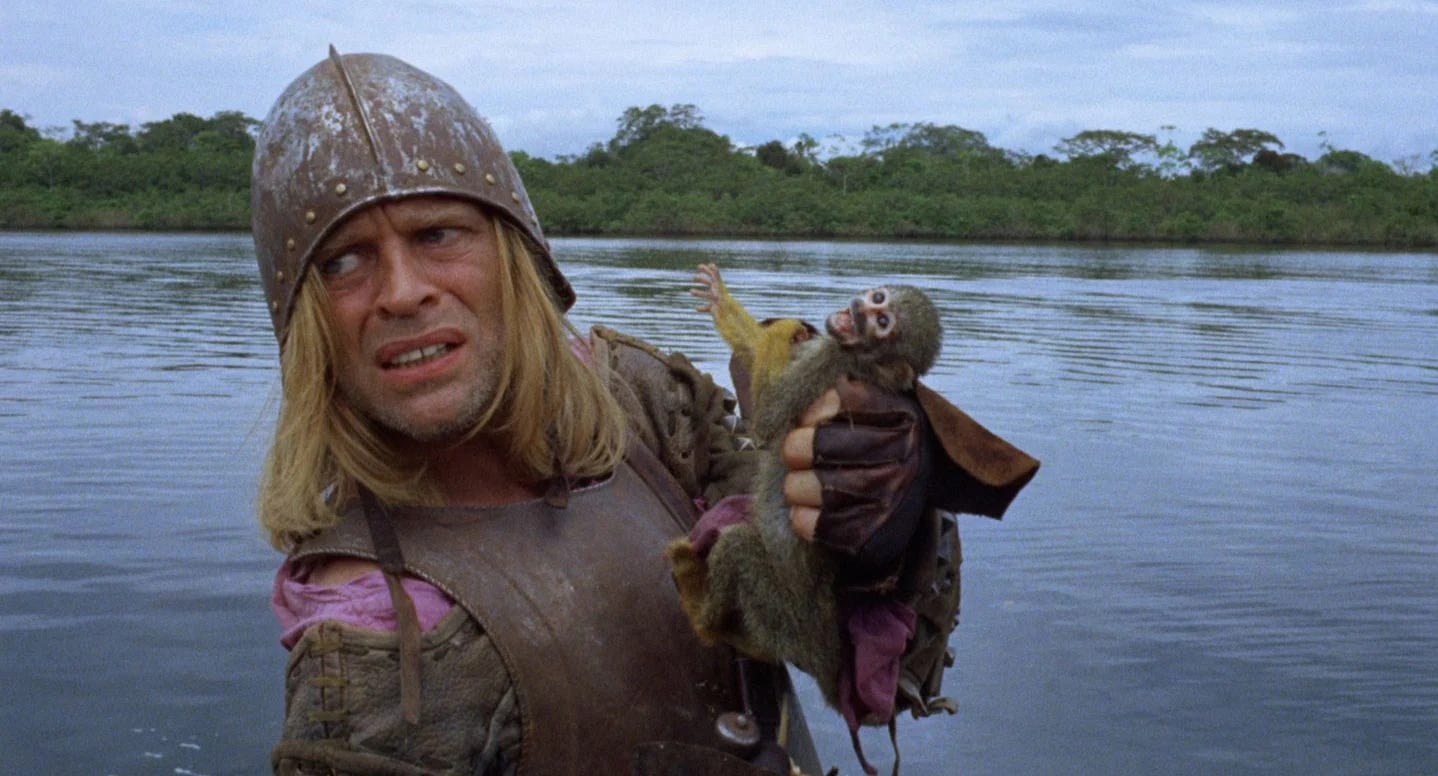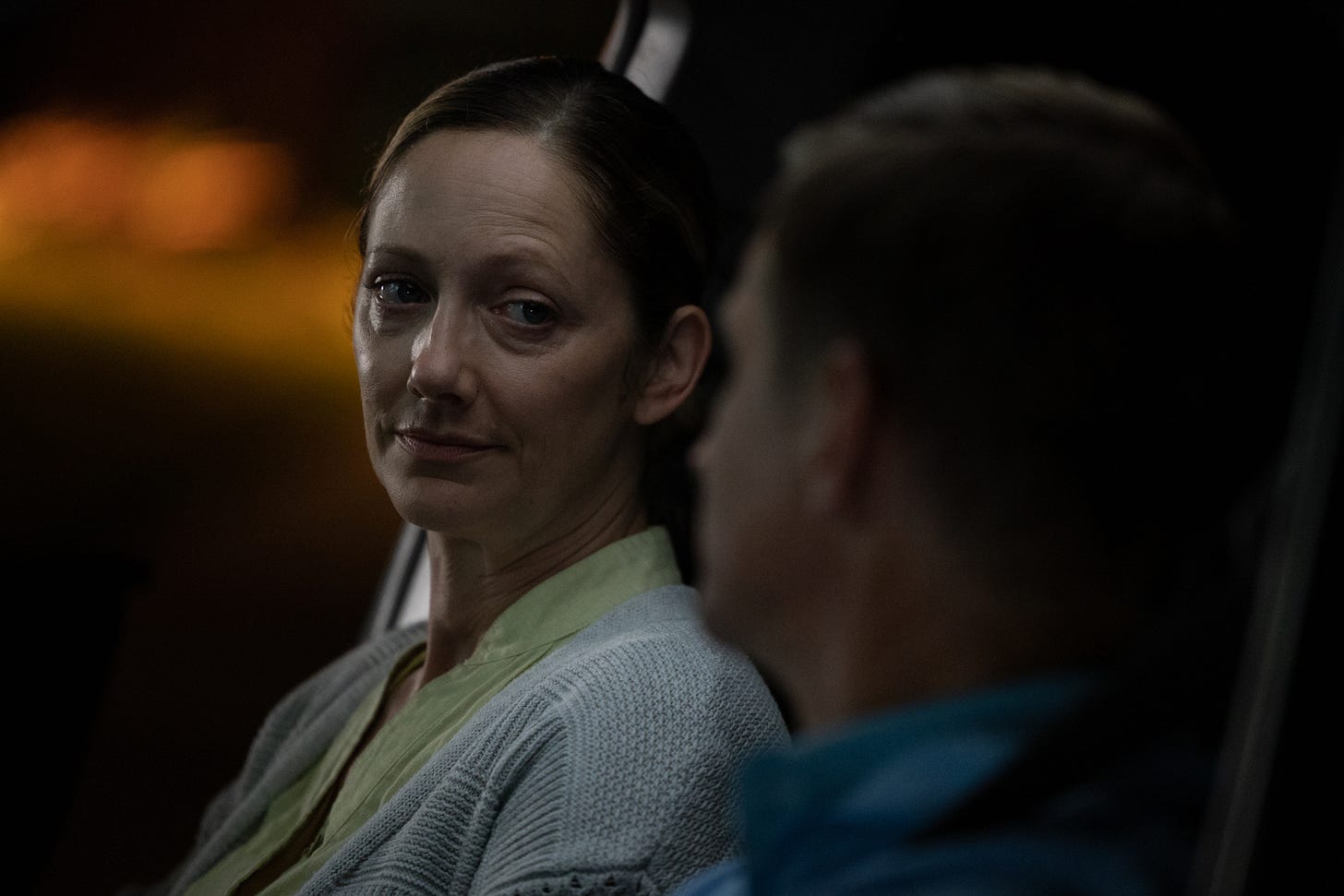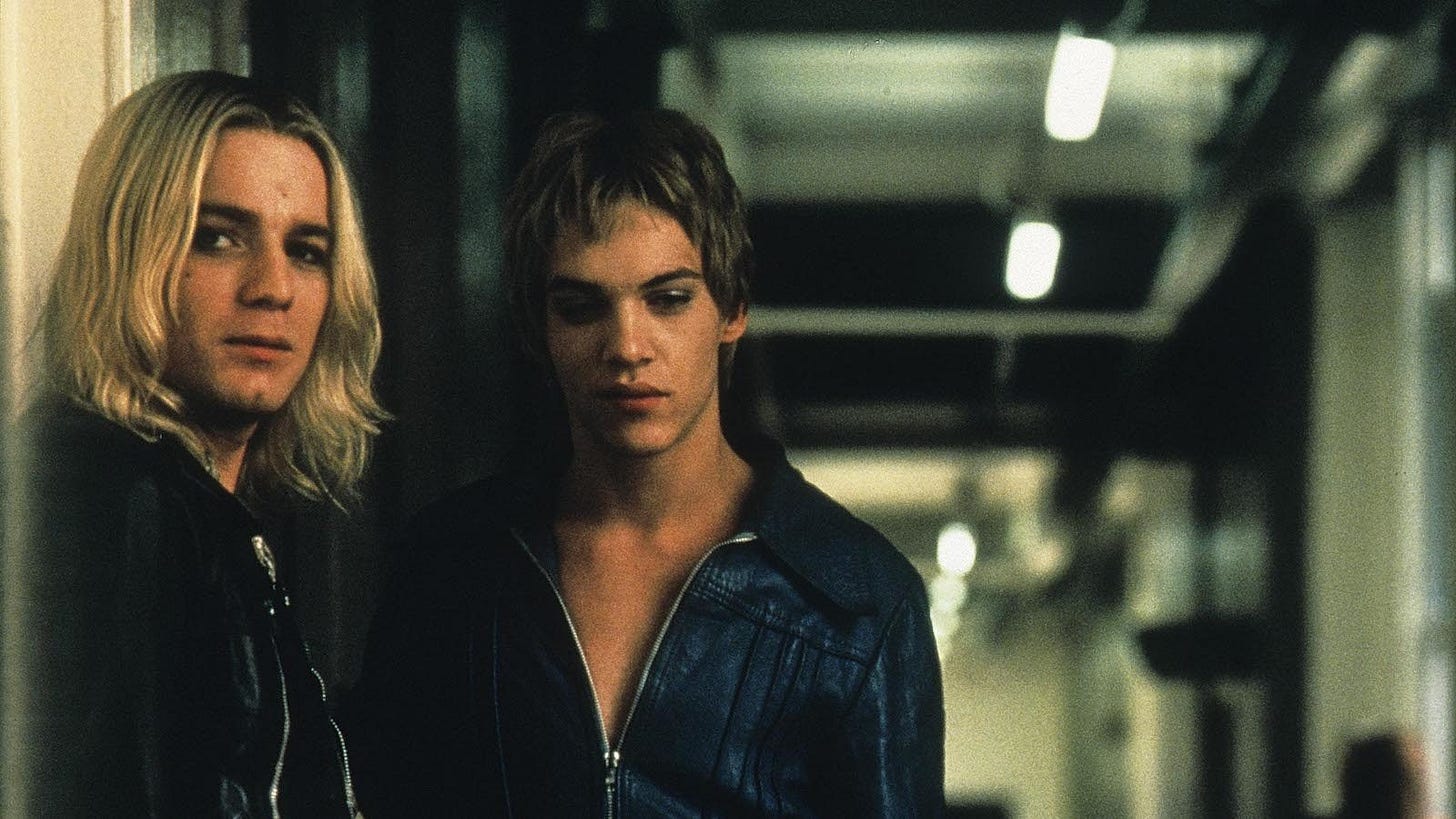Interviews and other recent writing...
Links on David Lynch, Warfare, Michael Shannon, Atom Egoyan, Aguirre, The Wrath Of God and more
A 3,400-word conversation with Warfare co-directors Alex Garland and Ray Mendoza here: “Casting-wise, this is very much Ray’s domain in terms of getting that right. I think that the camera had a complicated job, which is, we were trying to be as honest as we possibly could all the time in this film. Our touchstone was always to do with fidelity, and forensic accuracy, to whatever degree we were able to achieve. We had to be careful where we used them, how we used them. We had to be careful how the light was in close-ups, how color was used, to not start what I would personally call mythologizing. The kinds of cameras we used, the language of the movement of the camera, the language of the lenses, was all accented away from the trickery of cinema, whilst also using the grammar—mids, close-ups, masters, developing shots, semi-locked off—all that language that’s been set over the last hundred or whatever years. There was a conversation I had with Ray, ‘There’s not a lot of narrative, there’s not a backstory on each character.’”
Programmer Daniel Knox talks about the origins and ambitious of the epic “David Lynch: Moving Through Time” at the Music Box in Chicago here: “I don’t think I ever actually knew just how much I had until I created an inventory with a spreadsheet during the pandemic. The sheer quantity became clear to me when I moved to Portugal and had to leave a lot of it behind. There are days when I want to go looking for something and I can’t because it’s in a storage locker in Springfield.” The Music Box listing is here.
A preview of a presentation on Werner Herzog and Aguirre, The Wrath Of God that’s part of Facets’ fiftieth anniversary; I will be there to talk with Facets artistic director Charles Coleman.
An extended interview with Eric LaRue director Michael Shannon and playwright-screenwriter Brett Neveu here: “Michael Shannon’s directorial debut is actually the story of Janice LaRue (a splendid Judy Greer), a mother facing the impossible task of facing up to a school shooting in which her son shot three classmates. Andrew Wheeler’s exceptional cinematography is adroit with both space and faces, particularly the painterly sculpting of Greer’s face. Greer often turns from the camera, Janice eluding our gaze, her blonde hair pulled into a dark gather, her neck twirling like the figure in Gerhard Richter’s painting “Betty,” vulnerable but refusing. Dusk blue teases into frames already dotted with warm light sources, such as four panels of windows, like tableaux by Gregory Crewdson. Beauty steeps as her confusion rises.”
An excerpt from a 1997 Todd Haynes interview on Velvet Goldmine here.
Kenneth Lonergan’s Margaret is showing in Chicago and streaming; some thoughts here.
Before the recent news with Paul Schrader, I wrote briefly about the “lowering skies” in his work here.
Atom Egoyan, briefly, on Seven Veils, here.
Short entries on Mickey 17, Claire Denis’ High Life and Three Colors: Red here.






